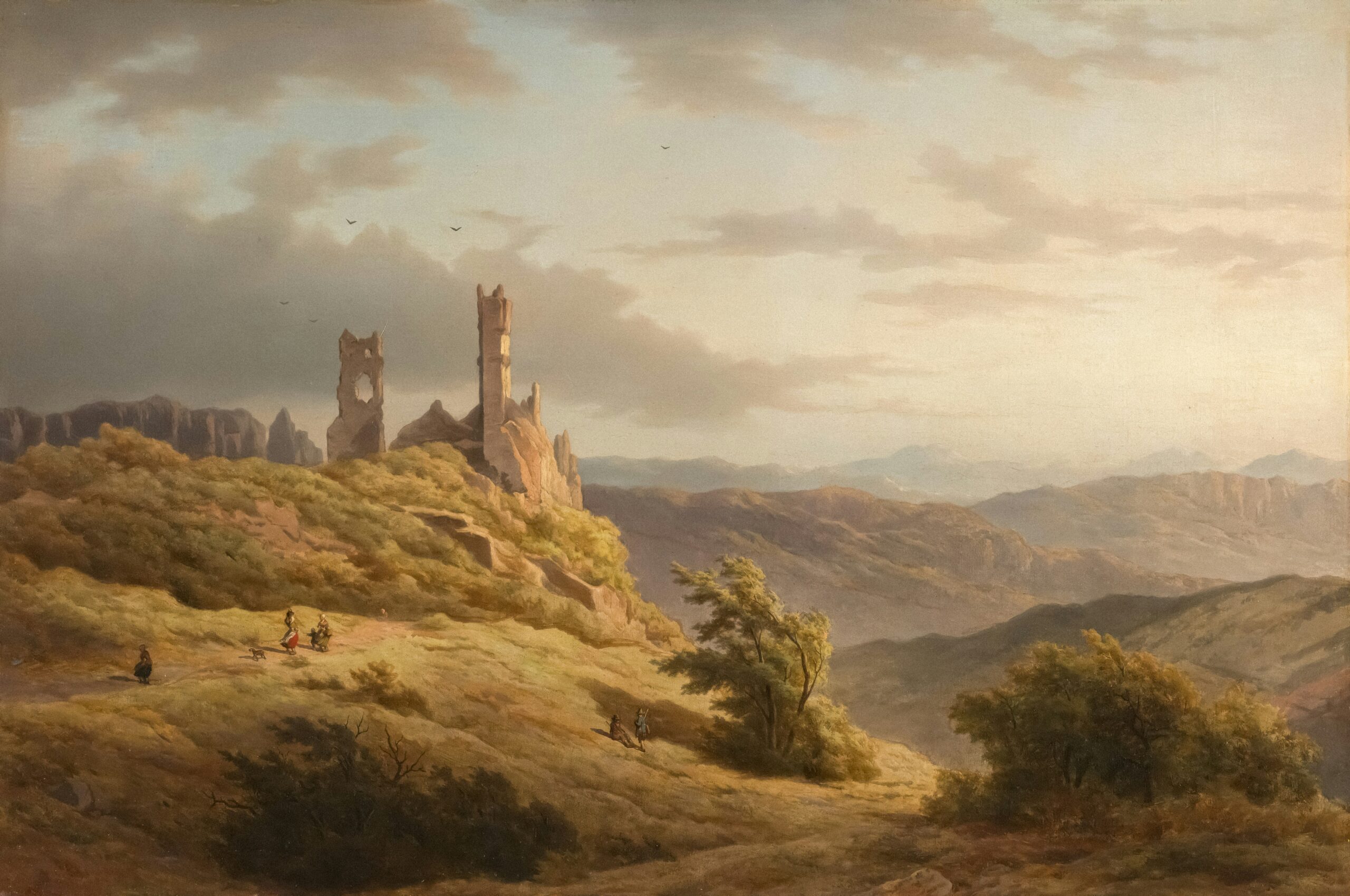
The Gateway to Wonder
There’s a special kind of magic that comes from cracking open a fantasy novel and stepping into a world that isn’t our own. Mountains float, dragons rule the skies, and magic pulses through every page. But what really draws us in isn’t just the spectacle — it’s how these worlds make us feel something familiar in the middle of all that strangeness. Epic fantasy, at its best, isn’t just about swords and sorcery. It’s about the parts of ourselves that long for adventure, justice, and meaning.
From Tolkien’s Middle-earth to N.K. Jemisin’s Broken Earth trilogy, the best stories aren’t escapes from reality — they’re reflections of it. They give us the courage to face our own challenges, with a bit more awe in our eyes.
Why We Keep Returning to the Quest
Every epic fantasy has one: the quest. Sometimes it’s a journey to destroy a dark lord’s artifact, sometimes it’s a fight for freedom, and sometimes it’s just survival in a collapsing empire. But beneath the dragons and destiny, the quest speaks to something deeply human — our need to find purpose.
Take The Lord of the Rings. Frodo’s journey is as much about inner struggle as outer peril. He isn’t the strongest or smartest, but he has heart — and that’s what saves the world. Readers connect with that. We see ourselves in characters who step forward even when the path terrifies them.
In the real world, our “quests” might look like starting a business, raising a family, or pursuing art. Epic fantasy reminds us that even ordinary choices can be heroic when made with courage and integrity.
The Power of Worldbuilding Done Right
One reason epic fantasy captivates readers is its sheer scope — entire continents, ancient languages, and mythic histories. But great worldbuilding isn’t about dumping facts. It’s about crafting a living, breathing place that feels real enough to believe in.
Consider George R.R. Martin’s Westeros. Every castle, banner, and feast feels tangible because it’s grounded in political intrigue, human motivations, and moral grayness. That believability hooks readers — it feels like we’re eavesdropping on history rather than reading fiction.
Writers and readers alike can learn from this: it’s not the quantity of details that matters, but how those details reveal the culture, conflicts, and heart of the story.
Heroes with Cracks in Their Armor
Gone are the days when heroes were spotless paragons of virtue. Modern epic fantasy thrives on flawed, complex characters who wrestle with doubt and failure. Think of Kaladin Stormblessed in Brandon Sanderson’s Stormlight Archive — a soldier haunted by depression and guilt, yet still fighting to protect others.
These characters resonate because they’re real. They remind us that strength doesn’t come from perfection, but from persistence. When we watch them rise from defeat, it gives us hope for our own struggles.
And that’s the heart of modern fantasy — not gods walking among mortals, but mortals daring to act like gods in a broken world.
Magic as Metaphor
Magic systems are more than plot devices — they often symbolize power, creativity, or oppression. In The Broken Earth trilogy, magic (or “orogeny”) is both a curse and a gift. It mirrors real-world themes of marginalization and control.
By treating magic as a metaphor, epic fantasy can explore issues like inequality, freedom, and identity without ever sounding preachy. It’s storytelling with layers — thrilling on the surface, thought-provoking underneath.
For readers, it’s a reminder that our own “magic” — creativity, empathy, resilience — can shape the world around us in powerful ways.
The Emotional Geography of Fantasy Worlds
Maps are staples of epic fantasy, but the real map is emotional. Each landscape mirrors the character’s inner journey — deserts of despair, mountains of hope, and forests of self-discovery.
When Daenerys Targaryen walks through fire and emerges unburned, it’s not just a spectacle — it’s a symbol of rebirth and conviction. These emotional touchpoints stay with us long after we’ve closed the book because they echo real transformations we experience in life.
Epic fantasy reminds us that every journey worth taking involves both terrain and turmoil — what lies beyond and what lies within.
Why Epic Fantasy Matters in a Fast World
In an age of short attention spans and digital overload, diving into a thousand-page fantasy novel can feel indulgent. But maybe that’s exactly why it matters. Epic fantasy demands patience — the willingness to lose yourself in a world that unfolds slowly and deliberately.
That kind of reading resets our minds. It teaches empathy, resilience, and the art of paying attention. When you follow a character through war, exile, or heartbreak, you practice understanding perspectives beyond your own. And in today’s world, that’s a kind of magic we sorely need.
Bringing Fantasy Back into Real Life
You don’t have to write a novel or wield a sword to live out the lessons of epic fantasy. The next time life feels ordinary, try seeing it through a fantastical lens. Your morning commute? A small quest through urban wilderness. That project at work? A dragon that needs slaying.
Fantasy trains us to see possibility — to believe that even in the mundane, something grand is at stake. And maybe that’s the greatest takeaway of all: that imagination isn’t an escape from reality, but a tool for transforming it.
Final Thoughts
Epic fantasy endures because it reminds us of what we’re capable of — courage, compassion, curiosity. Whether we’re traversing distant realms or facing our own fears, the same truth holds: the adventure is never really about the destination. It’s about who we become along the way.
So the next time you pick up a fantasy novel, don’t think of it as leaving the real world. Think of it as returning to it — with new eyes, ready to find the extraordinary hidden in the everyday.